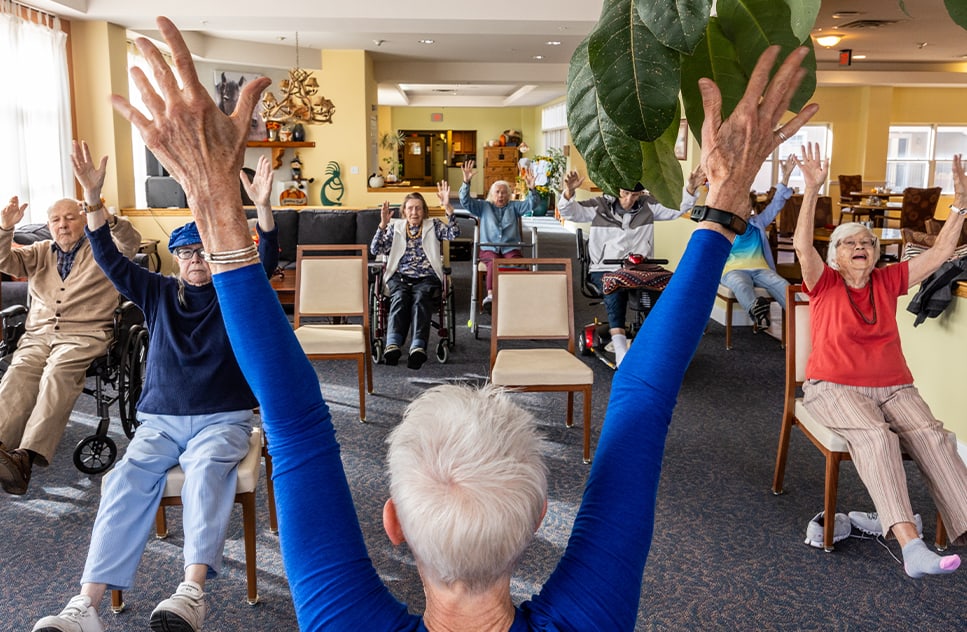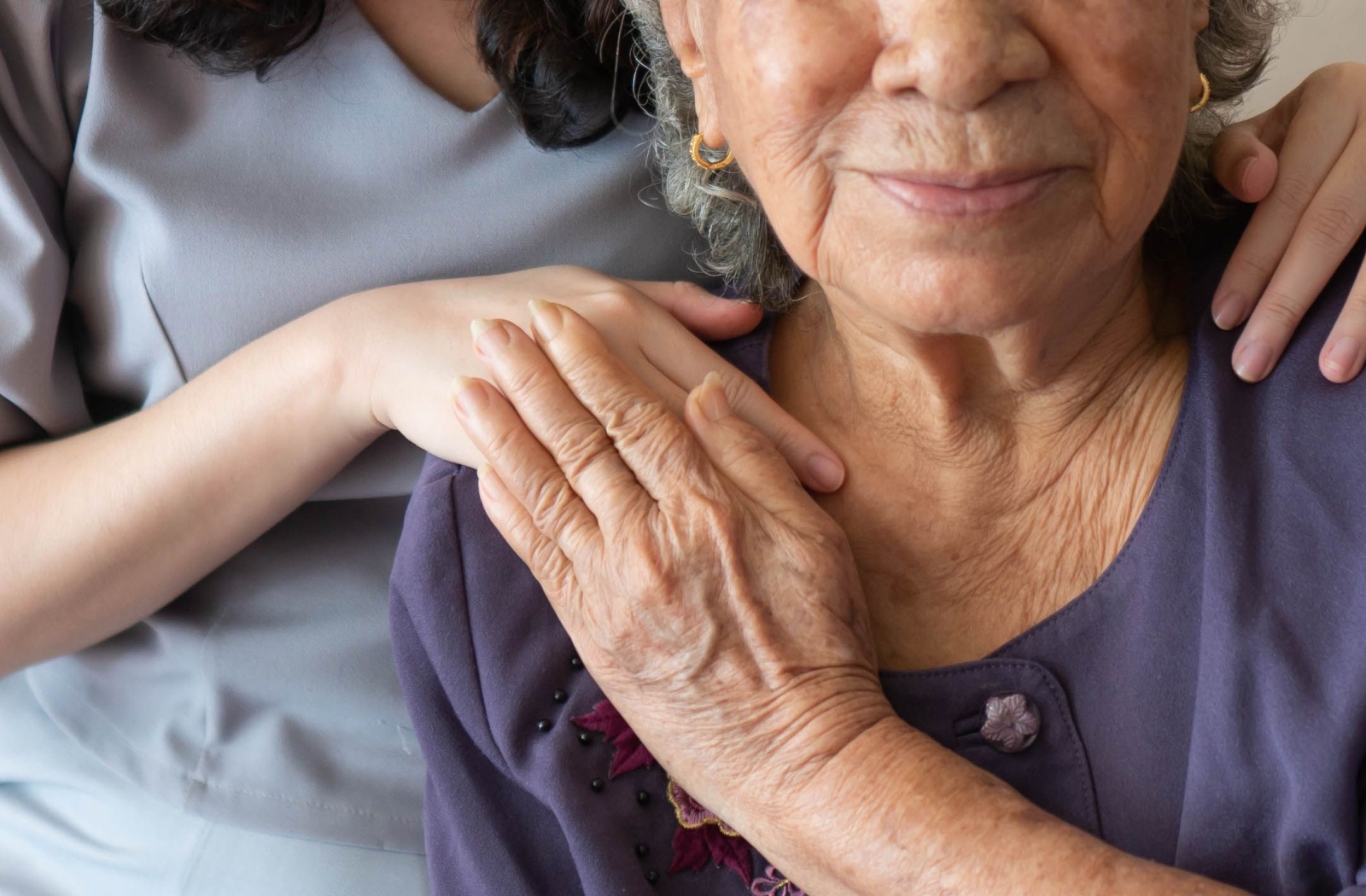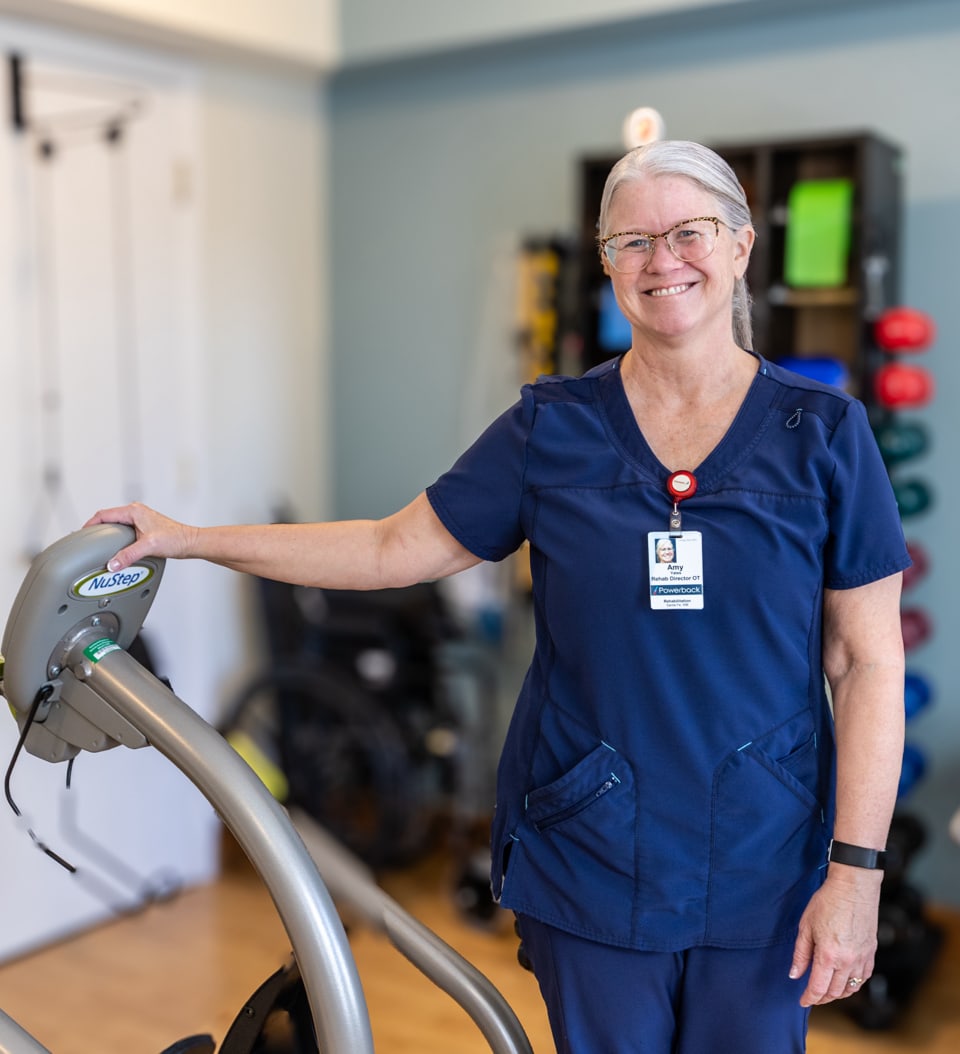Working in assisted living is more than just a career. It’s an opportunity to make a meaningful difference in the lives of seniors. For those considering a career in caregiving, assisted living jobs offer a rewarding path filled with purpose and connection.
Assisted living combines professional care with a supportive community, and caregivers are at the heart of it all. They connect with seniors, support their daily needs, and help residents maintain their dignity and independence.
It’s about building relationships, creating moments of joy, and being part of a team dedicated to compassionate care.
Why Is Assisted Living So Important?
Assisted living plays a vital role in the lives of many older adults. It’s a unique way to address the challenges of aging while helping seniors stay independent.
These communities focus on helping residents maintain daily routines, social connections, and physical well-being while offering guidance and supervision.
In these communities, residents benefit from a blend of professional care and personal freedom. They receive help with daily tasks like medication management, meal preparation, and grooming every day.
When they need a hand, professional caregivers step in, and otherwise, residents are encouraged to stay independent at all times.
At the center of this environment are caregivers. Their dedication, empathy, and daily interactions foster trust and comfort, making the community feel like a home. Every meal prepared, every activity guided, and every smile shared contributes to the overall experience of assisted living.
Traits That Make a Great Caregiver
Caregivers aren’t just performing tasks. They’re building connections that have a lasting impact. That personal touch is what truly defines assisted living for older adults.
Some caregivers are naturally patient, empathetic, and compassionate. Others bring energy, optimism, and a positive attitude that brightens residents’ days. While no single personality type defines the role, certain caregiver qualities consistently support strong relationships and trust.
Compassion & Empathy
Caregivers must have a genuine desire to help others. Assisted living is about personalized care, so compassion and empathy are key. A careful, compassionate approach to everyday life is key to making a significant difference in residents’ lives.
Patience & Understanding
Seniors in assisted living have varying needs and abilities. Caregivers have to approach each situation with patience. A kind and understanding demeanor helps residents feel respected and cared for, no matter the circumstance.
Communication & Teamwork
Clear communication is essential in assisted living. Caregivers must effectively interact with residents, families, and colleagues to provide seamless care.
Collaboration among team members creates a harmonious environment where everyone works together to support residents.
Observational Awareness
Noticing small changes in mood, behavior, or health is a valuable skill. The ability to spot and understand these details helps caregivers step in to address needs and situations before they escalate. It’s a key skill for helping every person in assisted living maintain their quality of life.
What to Expect as a Caregiver in Assisted Living
Starting a career in senior care offers meaningful work. However, it also comes with many responsibilities. It helps to know what to expect from a day in assisted living. Caregivers support residents with daily routines, providing both physical and emotional assistance.

As a caregiver in assisted living, you may be involved in:
- Helping residents with personal grooming while respecting privacy and independence
- Assisting with meals and monitoring dietary needs to support healthy eating habits
- Supporting mobility through walking, exercise, or using mobility aids safely
- Administering medications according to established care plans
- Observing residents’ health and reporting changes to the care team
- Assisting with daily tasks like laundry, room upkeep, or managing appointments
- Providing emotional support through conversations, encouragement, and companionship
Caregivers often find completing these everyday tasks to be rewarding. They also benefit from forming relationships with every resident in their community. Working as a caregiver isn’t always easy, but it’s unbelievably meaningful.
How to Get Started in Assisted Living
Choosing to work in assisted living is both a professional and personal decision. Many communities offer training programs that teach caregiver skills, safety protocols, and daily care routines.
These programs help new hires feel prepared while continuing to develop practical knowledge on the job.
Whether you’re interested in direct caregiving, activity coordination, or administrative roles, there’s a place for you in this rewarding field. Caregiving roles allow you to build connections, develop new skills, and contribute to a supportive community.
Make a Difference in Seniors’ Lives
Working in assisted living is more than just a job. It’s a chance to create meaningful connections and improve the lives of others.
If you’re motivated by compassionate care, enjoy connecting with people, and want to grow in a supportive team environment, this career path may be a strong fit. And here at Kingston HealthCare, we’re always happy to help prospective caregivers explore their opportunities.
If you’re interested in learning more about a caregiving career, connect with our team to start your journey today. We believe in the power of community, and we know the importance of hiring the right people. Contact our team today to learn more about how you can make a difference.






